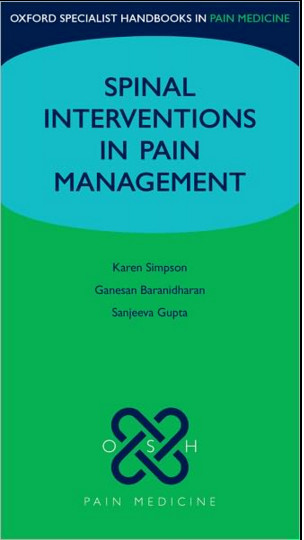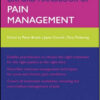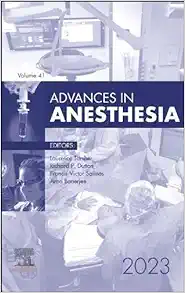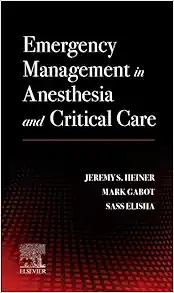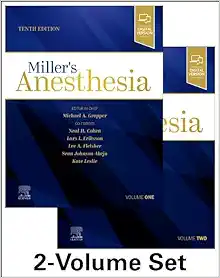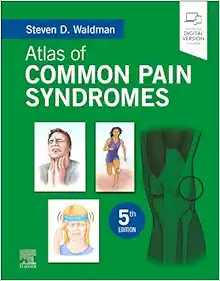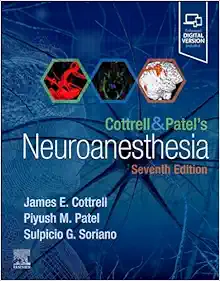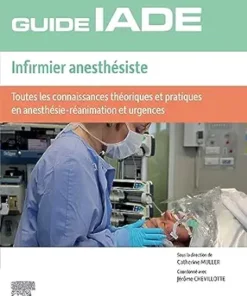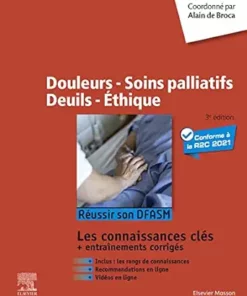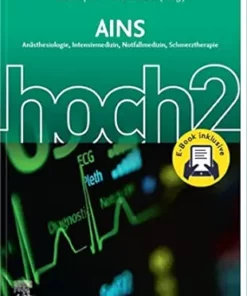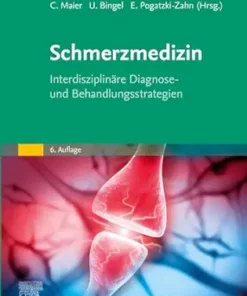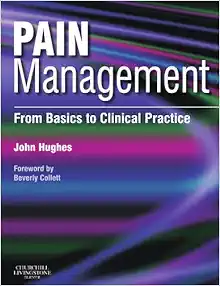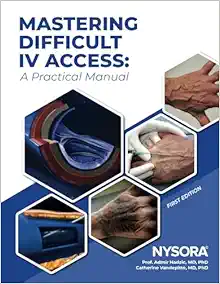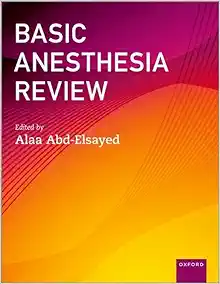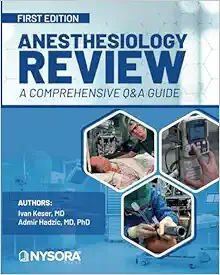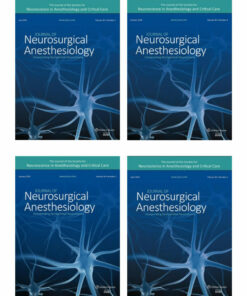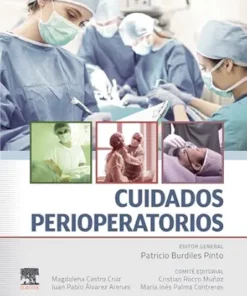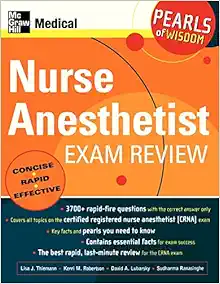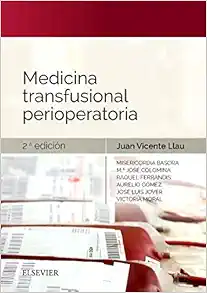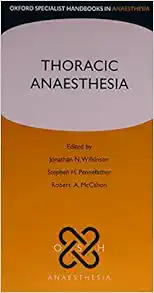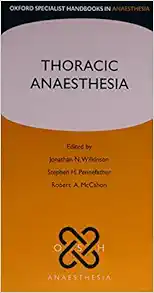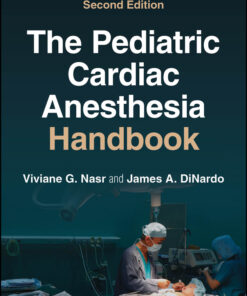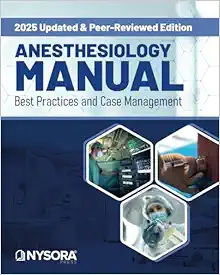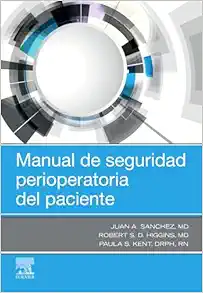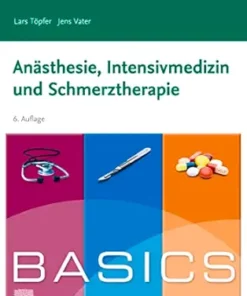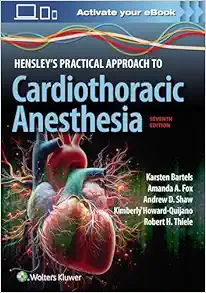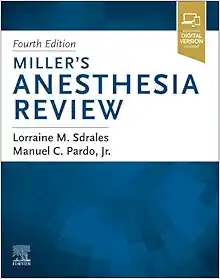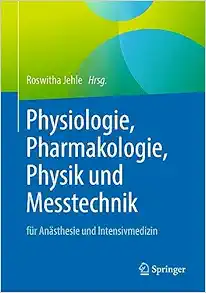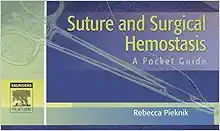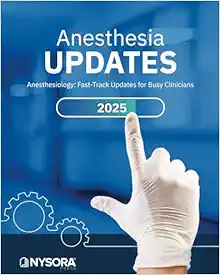- Print Length: 286 pages
- Publisher: OUP Oxford; 1 Poc edition (March 1, 2012)
- Publication Date: March 1, 2012
- Language: English
- Type: PDF
Payment method: Visa or master card (paypal)
Once the payment is completed, receive the download link in the email
-
Spinal Interventions in Pain Management (Oxford Specialist Handbooks in Pain Medicine)
Karen Simpson, Consultant in Pain Medicine, Leeds Teaching Hospitals,UK
- Ganesan Baranidharan, Consultant in Pain Medicine, Leeds Teaching Hospitals, UK
- Sanjeeva Gupta, Consultant in Pain Medicine, Leeds Teaching Hospitals, UK
- A practical handbook focused on spinal interventions
- Comprehensively covers the most common spinal interventions for pain that pain specialists undertake
- Places emphasis on applied anatomy to assist clinicians with pain management interventions and provides a clear understanding of the anatomy to help prevent complications
- Includes clear line diagrams which assist in understanding the ideal positioning for regional techniques
Concentrating on techniques rather than pain pathology, Spinal Interventions in Pain Management is focused purely on the spine. This practical handbook covers anatomy and imaging, how to choose patients, how to undertake procedures, and includes advice on potential pitfalls.
Perfect reading for pain interventionalists and trainees before doing a procedure or before an exam, the book covers the most common spinal interventions for pain that pain specialists undertake, including epidurals, diagnostic facet interventions, the intra-articular injection of the sacroiliac joint and radiofrequency denervation, cervical, thoracic and lumbar discography, and neuromodulation (spinal cord stimulation and intrathecal drug delivery).
Extensive illustrations, both x-rays and figures, make the book accessible and help to provide a clear understanding of the anatomy, which underpins spinal interventions.
Readership: Trainees and consultants in pain management and palliative medicine. Trainees, trainers and examiners preparing for the FRCA. May also be of interest to nurse practitioners, physiotherapists, radiologists, rheumatologists, musculoskeletal physicians, spinal surgeons and neurosurgeons.
Key Features
Product Details |
Related Products
ANESTHESIA
ANESTHESIA
ANESTHESIA

